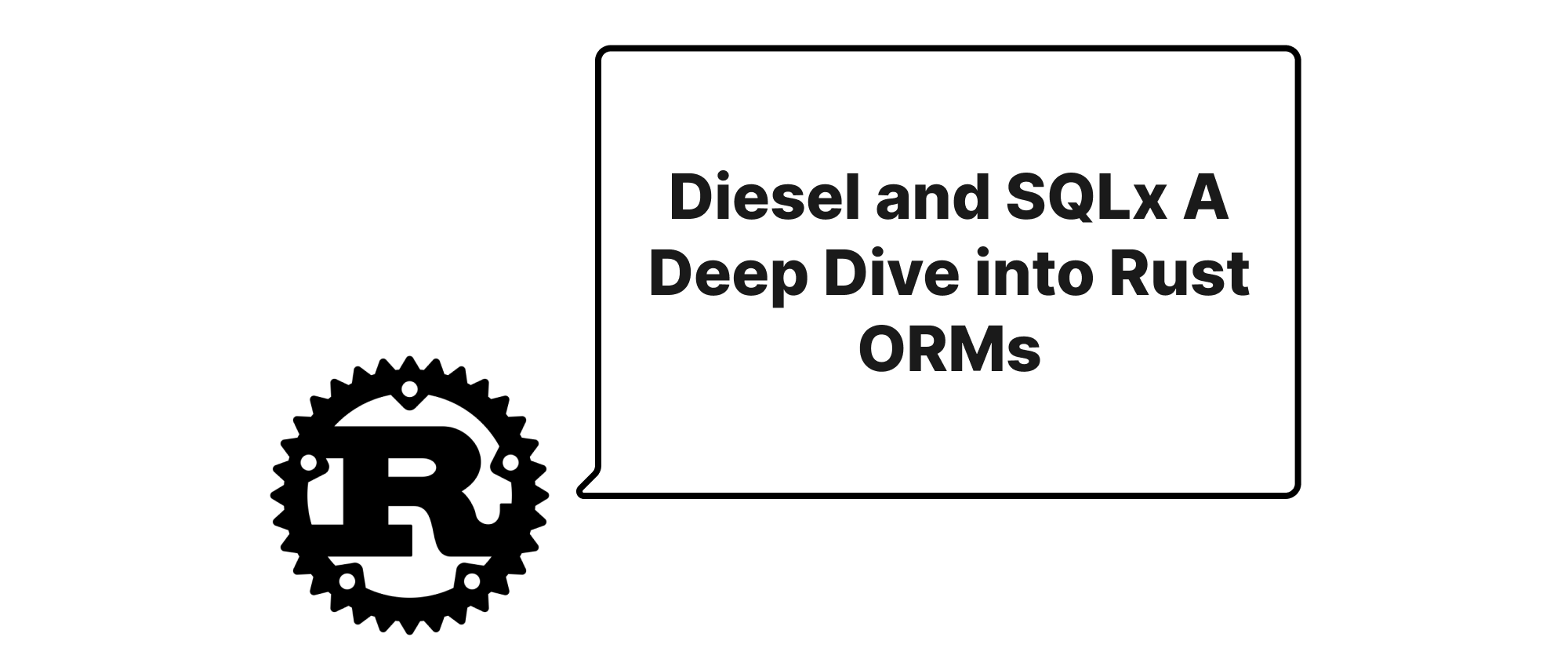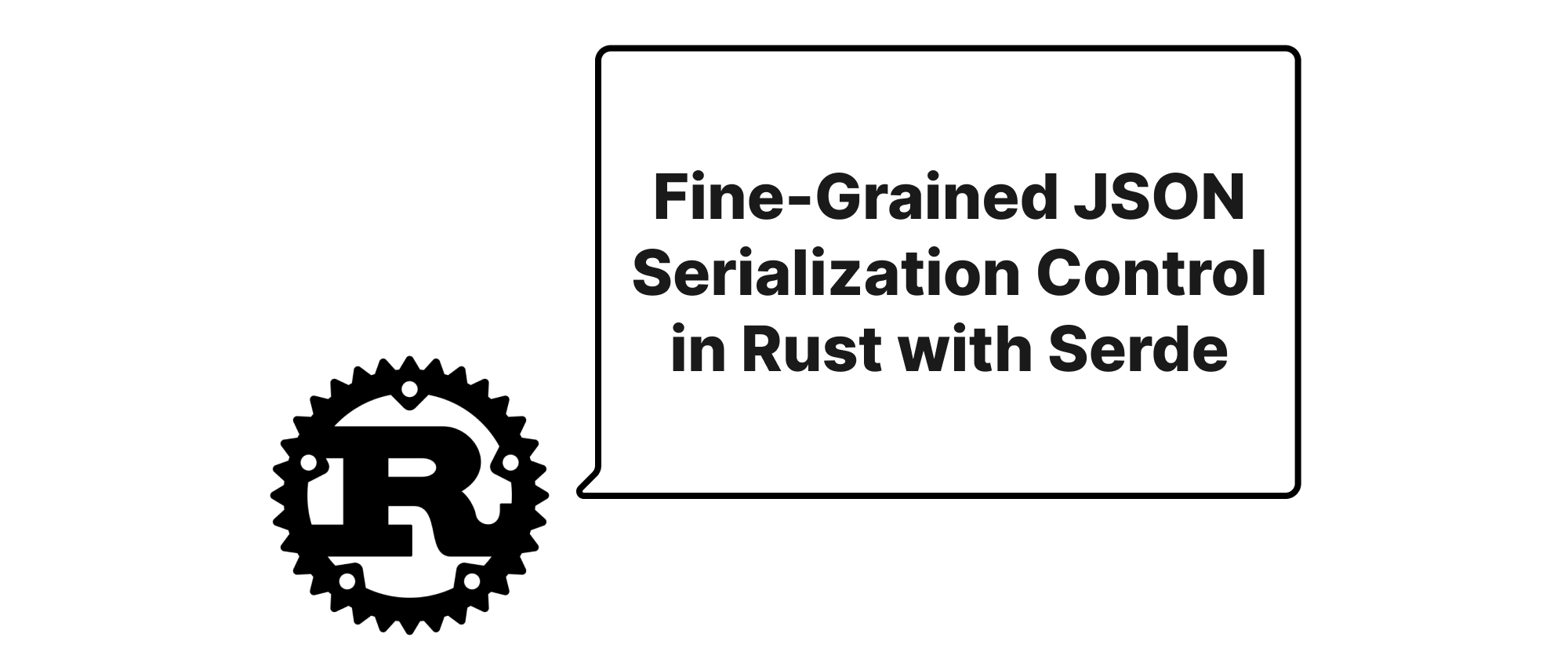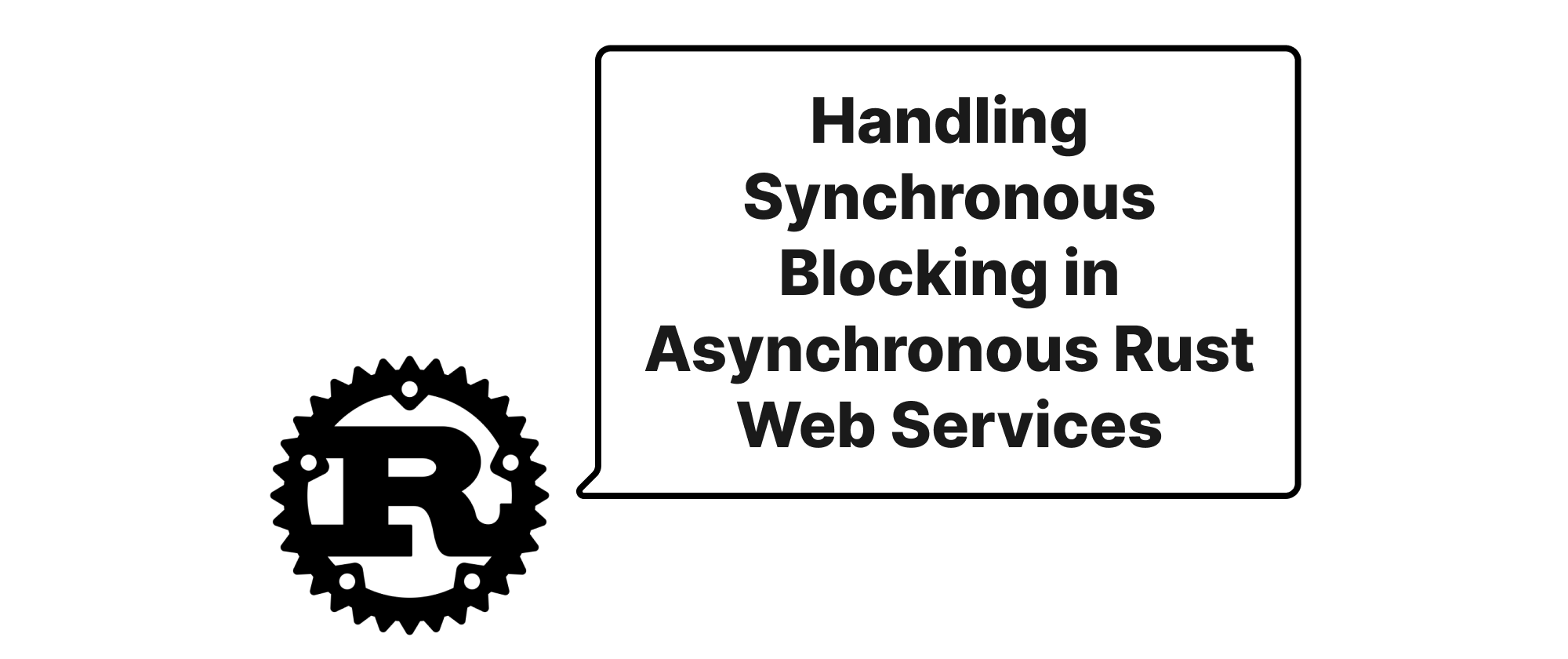Diesel and SQLx A Deep Dive into Rust ORMs
Lukas Schneider
DevOps Engineer · Leapcell

Introduction
In the world of web development and data-driven applications, Object-Relational Mappers (ORMs) play a pivotal role in bridging the gap between object-oriented programming languages and relational databases. They abstract away the complexities of raw SQL queries, allowing developers to interact with their databases using familiar language constructs. Rust, with its strong emphasis on safety, performance, and concurrency, has seen a rise in sophisticated ORM solutions. Among these, Diesel and SQLx stand out as prominent choices, each offering a distinct approach to ensuring data integrity and developer productivity. This article delves into these two powerful Rust ORMs, examining their core philosophies, implementation details, and practical implications, thereby providing a comprehensive understanding of their respective strengths and use cases.
Core Concepts
Before we dive into the specifics of Diesel and SQLx, let's establish some fundamental terms crucial to understanding their operation:
- ORM (Object-Relational Mapper): A programming tool that maps a database schema to an object-oriented paradigm, allowing developers to manipulate database records as objects in their programming language.
- Query Builder: A library or component that helps construct SQL queries programmatically, often providing an API that resembles the structure of SQL.
- Schema Migration: The process of evolving a database schema over time to accommodate changes in an application's data model.
- Compile-time Checks: Verifications performed by the compiler during the compilation process, ensuring the correctness and safety of the code before execution. This is a core tenet of Rust.
- Macros: Code-generating mechanisms in Rust that allow developers to write code that writes other code. They can be procedural (like
proc-macros) or declarative, and are often used for metaprogramming tasks.
Diesel: Compile-Time Guarantees Through Type System
Diesel is a powerful and very opinionated ORM that leverages Rust's robust type system to provide compile-time guarantees about the correctness of your SQL queries. It aims to prevent common database errors, such as typos in column names or type mismatches, before your application even runs.
How Diesel Works
Diesel achieves its compile-time checks primarily through its query builder and schema management. You define your database schema in Rust, typically through a schema.rs file generated by the diesel print-schema command. This schema file contains Rust types that mirror your database tables and columns. When you construct queries using Diesel's API, the Rust compiler ensures that your operations align with this defined schema.
Example: Defining a Schema and Querying with Diesel
First, let's assume we have a posts table in our database:
CREATE TABLE posts ( id SERIAL PRIMARY KEY, title VARCHAR NOT NULL, body TEXT NOT NULL, published BOOLEAN NOT NULL DEFAULT FALSE );
Using diesel print-schema, we'd get something like this in src/schema.rs:
// @generated automatically by Diesel CLI. diesel::table! { posts (id) { id -> Int4, title -> Varchar, body -> Text, published -> Bool, } }
Now, let's write some Diesel code to query this table:
use diesel::prelude::*; use diesel::PgConnection; // Or whatever database you're using #[derive(Queryable, Selectable)] #[diesel(table_name = crate::schema::posts)] pub struct Post { pub id: i32, pub title: String, pub body: String, pub published: bool, } pub fn establish_connection() -> PgConnection { let database_url = std::env::var("DATABASE_URL") .expect("DATABASE_URL must be set"); PgConnection::establish(&database_url) .unwrap_or_else(|_| panic!("Error connecting to {}", database_url)) } pub fn get_posts() -> Vec<Post> { use crate::schema::posts::dsl::*; let mut connection = establish_connection(); posts .filter(published.eq(true)) .limit(5) .select(Post::as_select()) .load::<Post>(&mut connection) .expect("Error loading posts") } fn main() { let published_posts = get_posts(); for post in published_posts { println!("Title: {}", post.title); } }
In this example:
- The
#[derive(Queryable, Selectable)]macro helps map database rows to Rust structs. posts.filter(published.eq(true))is type-checked at compile time. If you triedposts.filter(non_existent_column.eq(true)), the compiler would immediately flag an error becausenon_existent_columnis not part of thepoststable definition inschema.rs.- The
select(Post::as_select())ensures that the columns selected match the fields in thePoststruct.
Use Cases for Diesel
Diesel excels in applications where:
- Strong compile-time guarantees are paramount: Catching database-related errors early in the development cycle is critical.
- Complex queries are common: The type-safe query builder helps manage intricate SQL logic.
- Database schema is relatively stable: Frequent schema changes can be cumbersome due to the need to regenerate
schema.rs. - Performance is a key concern: Diesel generates efficient SQL, often comparable to hand-written queries.
SQLx: Compile-Time Macros for Raw SQL
SQLx takes a different yet equally powerful approach to compile-time safety. Instead of relying on a generated schema, it uses procedural macros to connect to a live database during compilation and validate your raw SQL queries. This means you write plain SQL, but SQLx ensures its correctness.
How SQLx Works
SQLx achieves its magic through the sql! macro. When you use this macro, SQLx connects to the database specified by your DATABASE_URL (which must be available at compile-time), executes the SQL query in a "dry run" fashion, and infers the input parameters and output types. If there's a syntax error in your SQL, a mismatch in expected columns, or an incorrect parameter type, the compiler will report it.
Example: Querying with SQLx
Let's use the same posts table example.
use sqlx::{PgPool, FromRow, postgres::PgPoolOptions}; use dotenvy::dotenv; #[derive(Debug, FromRow)] pub struct Post { pub id: i32, pub title: String, pub body: String, pub published: bool, } pub async fn establish_connection() -> PgPool { dotenv().ok(); let database_url = std::env::var("DATABASE_URL") .expect("DATABASE_URL must be set"); PgPoolOptions::new() .max_connections(5) .connect(&database_url) .await .expect("Failed to connect to Postgres.") } pub async fn get_posts_sqlx() -> Result<Vec<Post>, sqlx::Error> { let pool = establish_connection().await; // This is where the magic happens! let posts = sqlx::query_as!( Post, "SELECT id, title, body, published FROM posts WHERE published = $1 LIMIT $2", true, // $1 5_i64 // $2, type matters for sqlx ) .fetch_all(&pool) .await?; Ok(posts) } #[tokio::main] async fn main() { match get_posts_sqlx().await { Ok(posts) => { for post in posts { println!("Title: {}", post.title); } } Err(e) => { eprintln!("Error fetching posts: {:?}", e); } } }
In this SQLx example:
- The
sqlx::query_as!macro takes raw SQL as its first argument. - During compilation, SQLx connects to your database, validates the
SELECTstatement, and verifies that the column names and types match those declared in thePoststruct. - If you include a non-existent column, e.g.,
SELECT non_existent_column FROM posts, the compiler will emit an error like "column "non_existent_column" does not exist". - It also checks parameter types. If you pass a
Stringwhere ani64is expected for$2, the compiler will catch it. - SQLx implicitly handles optional nullable columns with
Option<T>in your Rust struct.
Use Cases for SQLx
SQLx shines in scenarios where:
- Developers prefer writing raw SQL: Full control over query optimization and complex SQL features (e.g., CTEs, window functions) is desired.
- Existing SQL queries need to be integrated: Easier to port existing SQL codebases.
- Asynchronous operations are a first-class citizen: SQLx is built with
async/awaitin mind, making it a natural fit for concurrent applications. - Schema changes are frequent or dynamic: No need to regenerate schema files, as SQLx validates directly against the live database.
- Minimal ORM abstraction is preferred: SQLx acts more like a type-safe query builder with compile-time validation rather than a full-blown ORM that tries to hide SQL.
Conclusion
Both Diesel and SQLx offer compelling solutions for database interaction in Rust, each catering to slightly different preferences and project requirements. Diesel, with its compile-time checks through a generated schema, prioritizes type safety and a highly idiomatic Rust API for query construction, making it ideal for robust applications where schema stability and robust abstractions are valued. SQLx, on the other hand, embraces raw SQL while leveraging compile-time macros to provide an equally strong safety net, offering unparalleled flexibility and control over database queries, especially well-suited for async applications and direct SQL enthusiasts. The choice between them often comes down to a trade-off between the level of ORM abstraction desired and the preferred method of ensuring query correctness, but both undoubtedly elevate the standard of database programming in Rust.


